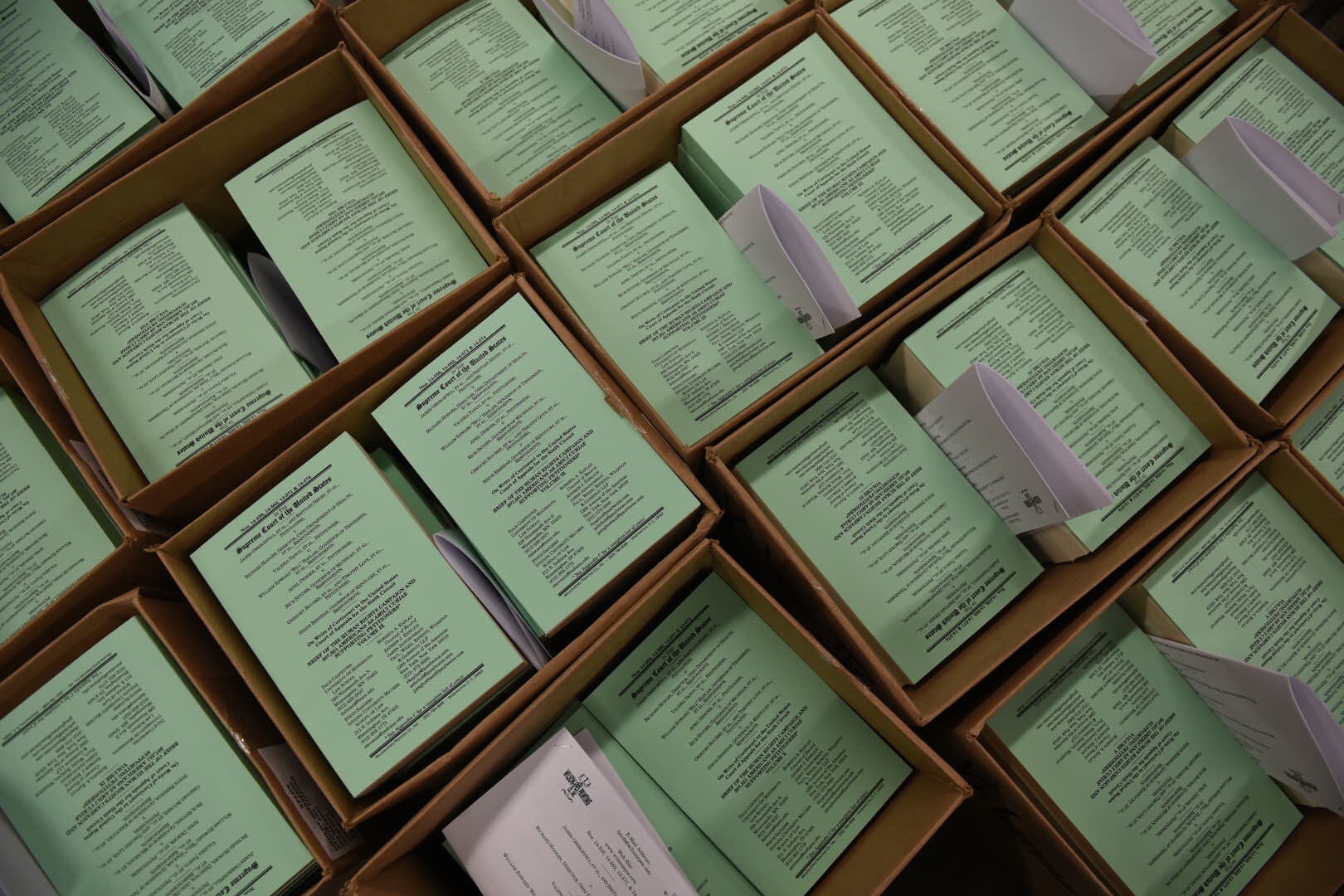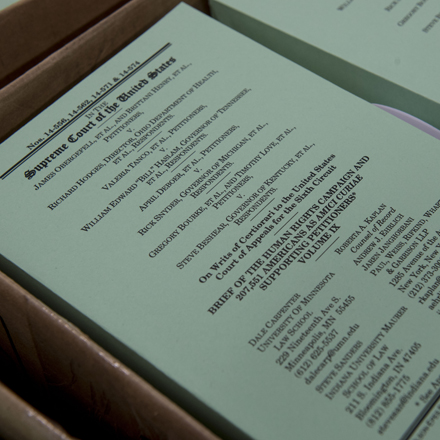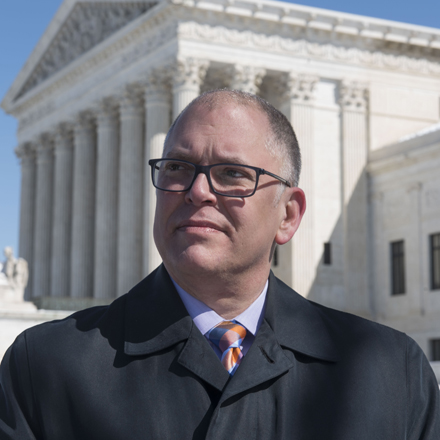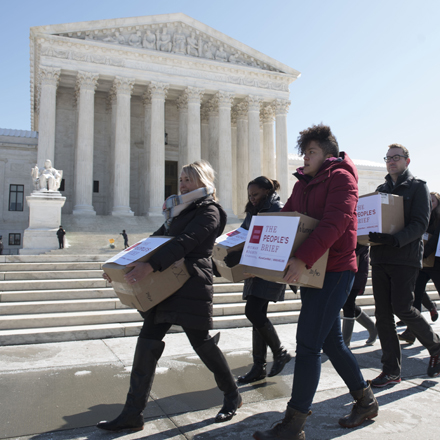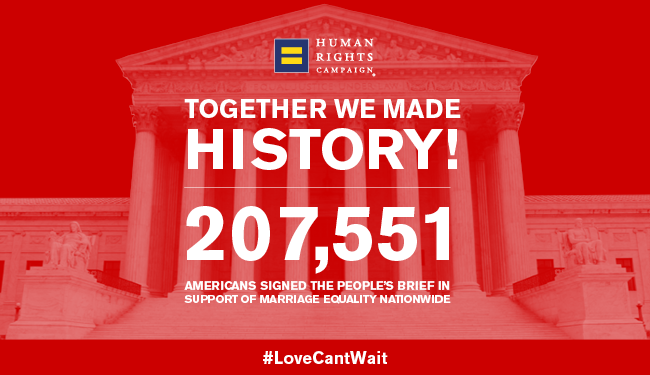Times can blind us to certain truths,” Supreme Court Justice Anthony Kennedy wrote in a major 2003 LGBT rights opinion, “later generations can see that laws once thought necessary and proper in fact only serve to oppress.
When laws and constitutional amendments banning marriage equality were passed, many voters and legislators really were blinded by the times. They did not realize that they knew LGBT people personally. They did not recognize the contributions that LGBT people and their families make—as employees, as neighbors, as part of the social fabric in every community in America. Some saw the LGBT community as strangers, not as people with the same hopes and dreams as anyone else.
In many respects, those oppressive times are behind us. In poll after poll, the broad majority of Americans now support marriage equality. Many people who once opposed it are unafraid to admit their views have evolved. Why? They've simply met LGBT people in their own lives.
In other words, the laws challenged in this case are more than fundamentally unfair. They were also adopted in at a time that utterly failed to take into account LGBT Americans as individuals deserving of dignity. The Court has recognized that dignity throughout its history—most recently in U.S. v. Windsor. But recognizing that dignity isn’t enough. It’s time to leave the blindness of the past behind, and guarantee the equal protection our constitution promises to every American.
The Human Rights Campaign, the nation’s largest lesbian, gay,
bisexual and transgender (LGBT) civil rights organization,
and Roberta Kaplan, the leading civil rights litigator who
famously argued U.S. v. Windsor before the U.S.
Supreme Court in 2013, launched this unprecedented "People’s Brief"
on marriage equality to the Court.
As the nine Justices prepare to hear oral arguments in four
critical marriage equality cases this spring, The People’s
Brief marks the first time that tens of thousands of
fair-minded Americans will have the opportunity to have
their voices formally heard in a civil rights case of this
magnitude. Americans who are LGBT or have LGBT friends,
family members, and colleagues can review the content of the
brief, and affix their name to a document that will be
considered by the highest court in the land.
